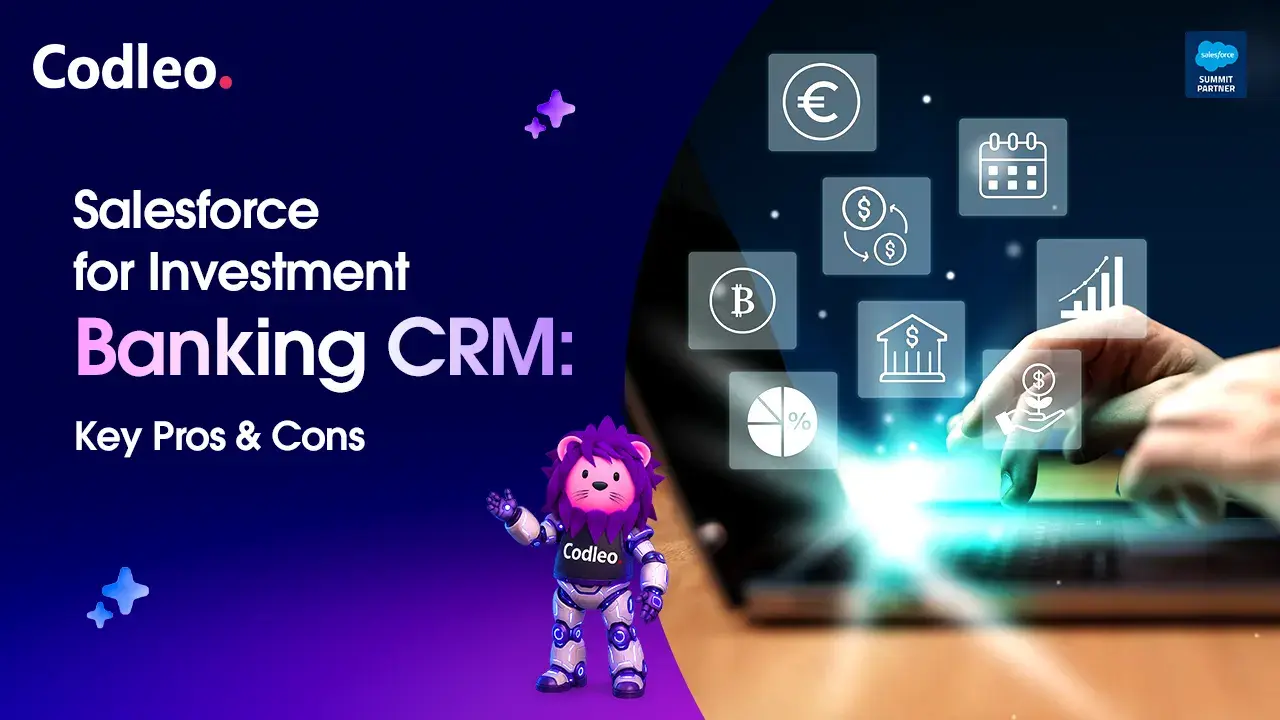Publish date:
Looking to elevate your client service and boost your business? Implementing a CRM system could be your key to success. CRM stands for Customer Relationship Management, and it helps you manage all interactions with your clients from one central spot. This makes it easier to understand their needs and deliver top-notch service.
In this blog post, we’ll explore the CRM implementation process and how CRM implementation services can transform your client service.
The CRM Implementation Process
Here’s a simple breakdown of the CRM implementation process:
-
Planning and Preparation: This is the first and most important step. It involves setting clear goals for the CRM implementation and evaluating your current technology and processes.
-
Selection and Evaluation: In this stage, you compare different CRM solutions to find the one that best fits your organization’s needs.
-
Design and Configuration: After choosing a CRM solution, you need to customize it for your organization. This includes setting up the user interface, integrating with other systems, and handling data migration.
-
Testing and Training: Before fully launching the CRM, it must be tested to ensure it works correctly. Additionally, all users need to be trained on how to use the new system.
-
Deployment and Ongoing Support: Finally, deploy the CRM across your organization and provide ongoing support to keep it running smoothly.
Implementing a CRM system may seem overwhelming at first, but with careful planning, the right solution, and a dedicated team, it can be a rewarding experience. A CRM system helps streamline sales and marketing efforts, enhances customer service, and provides valuable insights into your operations.
Choosing the Right CRM
When selecting a CRM, it’s essential to consider the various options available—on-premise, cloud-based, and open-source—each with its own advantages and disadvantages.
-
On-premise CRM: This type is installed on your company's servers, offering greater control over data security and customization. However, it typically requires a higher initial investment and ongoing maintenance.
-
Cloud-Based CRM: Hosted by a third-party provider and accessed online, this option is usually more affordable and easier to set up. It's ideal for businesses looking for flexibility and scalability without heavy upfront costs.
-
Open-Source CRM: Free to use and customizable, open-source CRMs can be tailored to meet specific needs. However, they might require more technical expertise to set up and maintain.
Before making a choice, evaluate the CRM's features and how well it integrates with your existing systems. Consider factors like scalability, cost, and the level of support provided by the vendor.
Popular CRM solutions include Salesforce, HubSpot CRM, Zoho CRM, Pipedrive, and Microsoft Dynamics 365.
Data Migration and Integration
Data migration involves transferring information from your current system to the new CRM. It's crucial to ensure that this data is accurate, complete, and accessible in the new system.
You can use data migration tools to automatically transfer data from the old system to the new CRM. These tools also assist in data cleansing, which involves identifying and correcting any errors.
After migration, it’s important to test the data for accuracy. Compare the information in the old system with the new one to check for completeness and eliminate duplicate records.
Additionally, ensure your CRM integrates smoothly with other relevant systems like email, social media, and marketing automation tools. This integration enhances data accessibility and boosts the overall efficiency of your CRM system.
CRM Development Services: What to Consider
When searching for a CRM development service provider, keep the following factors in mind:
-
Experience and Expertise: Choose a provider with a strong track record in successful CRM implementations. They should have experience in your industry and understand your business's unique needs and challenges.
-
Customization and Scalability: Your CRM system should be tailored to fit your business's specific requirements and be able to grow with you. Look for a provider that offers both custom development and ready-made solutions.
-
Integration and Data Migration: The provider should be capable of integrating your new CRM with existing systems like email, social media, and marketing tools. They should also manage data migration carefully to ensure that your data is accurate and easily accessible.
-
Support and Maintenance: Opt for a provider that offers ongoing support and maintenance to keep your CRM system up-to-date and running smoothly. They should also provide training for your team to ensure they can use the system effectively.
-
Security: Since CRM systems handle sensitive customer information, choose a provider that offers strong security measures. Ensure they follow industry standards such as HIPAA and SOC 2 to protect your data.
By considering these factors, you can find a CRM development service provider that will deliver a solution tailored to your business needs and support your digital transformation and growth goals.
Leveraging CRM Implementation
Once your CRM is up and running, it’s time to make the most of it to enhance your client service. Proper training for your team is crucial to ensuring they use the CRM effectively and efficiently. Additionally, developing clear documentation and processes will help keep everyone aligned.
With well-trained staff, your CRM can help you deliver better customer service. Use the CRM to manage customer data more effectively and target specific clients with tailored offers and promotions. Automating routine tasks like customer communications, follow-ups, and data entry will save time and resources, allowing you to focus on other important areas of your business.
Measuring the Success of CRM Implementation
Assessing the success of your CRM implementation is crucial to see if you’ve met your initial goals and to find areas that need improvement.
-
Key Performance Indicators (KPIs): Track important metrics such as customer retention, sales conversion rates, and customer satisfaction scores. Compare these KPIs before and after the CRM implementation to gauge any improvements.
-
Feedback: Collect feedback from both customers and employees. Surveys and interviews can offer valuable insights into how the CRM is being used and highlight any issues that need addressing.
-
Continuous Analysis: Regularly analyze and update your CRM system to ensure it continues to meet the needs of your business and its customers.
By consistently monitoring these factors, you can make informed decisions to enhance the performance of your CRM system, making it more effective for your business and customers.
Salesforce Development Company: What to Consider
Salesforce is a powerful platform, and finding a company that understands it thoroughly is crucial. Look for a provider with experience in your industry and the ability to offer customized solutions to fit your specific needs.
When choosing a Salesforce development company, research and compare your options. Check reviews and customer feedback to see how the company performs in real-world situations. Also, consider the cost of their services and make sure they offer the features you need.
Conclusion
To sum up, CRM implementation involves several key steps: planning, selection, design, testing, deployment, and ongoing support. A clear plan and a committed team are essential for a successful CRM implementation.
A well-implemented CRM system can greatly benefit your organization by streamlining sales and marketing efforts, enhancing customer service, and providing valuable operational insights.















